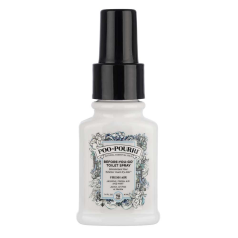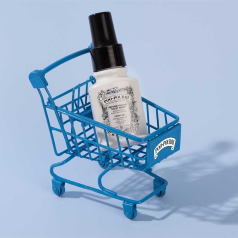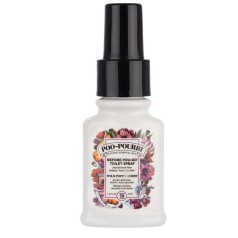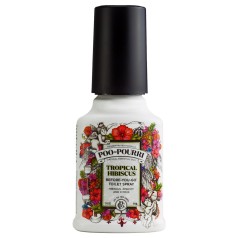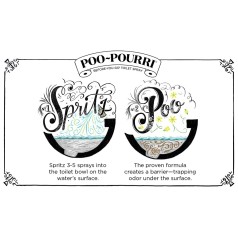Wellness Scents
View our beautiful range of scents.
Filters
Showing 1 to 3 of 3 (1 Pages)
View our beautiful range of scents.
Fragrances have been an integral part of human history for centuries. Their ability to transform a person's mood, evoke emotions and memories, and enhance their personality is unparalleled. Lilium stands out with its captivating aroma when it comes to fragrances in flowers. The fragrance of Lilium not only adds to its ornamental and commercial value but also significantly impacts human health and psychology.
Fragrance and scent are often used interchangeably, but they are subtly different. Although they have somewhat different meanings, the terms fragrance and scent are closely related and frequently used interchangeably. In general, "fragrance" refers to an odour purposely generated to be pleasing or attractive, such as in perfumes, candles, or air fresheners. Fragrances are often made up of a combination of synthetic and natural substances that are combined to create a certain fragrance. Fragrances can be simple or complex and have a wide range of chemical compositions depending on the desired outcome. Contrarily, scent refers to any odour that is picked up by the sense of smell, regardless of how pleasant or unpleasant it may be. Natural elements like flowers, fruits, and herbs as well as manufactured chemicals and pollutants, are just a few of the many origins of scents. While scent and fragrance are related, scent is a more general term that can refer to any odour that is picked up by the sense of smell. In contrast, fragrance refers specifically to a pleasant or appealing smell that is intentionally created.
There are several uses for fragrance, including:
All things considered, scents are employed to improve items' sensory experience, whether by adding a pleasing perfume, improving the flavour of food and beverages, or encouraging relaxation and well-being through aromatherapy.
Depending on a person's inherent sensitivity and the precise scent utilised, the effects of fragrance on the skin might vary.
Particularly for those with sensitive skin, several perfumes might irritate their skin. Contact dermatitis, a disease that results in redness, itching, and skin swelling, is frequently brought on by fragrances. In addition to making allergic responses more likely, fragrances can worsen skin conditions, including hives, rashes, and blisters.
Not all perfumes, nevertheless, are damaging to the skin. Many people can use fragranced products without any problems because some fragrances are made to be mild and non-irritating. Being cautious while using fragranced items is crucial if you have sensitive skin or are prone to allergies. Search for items with "fragrance-free" or "unscented" labels since they are less likely to contain potentially unpleasant scents. If you decide to use fragranced items, you should first do a patch test on a tiny skin patch to check for any possible responses.
Overall, scents are neither inherently good for the skin nor bad for it. Depending on a person's sensitivity level and the particular scent utilised, it might have various impacts.
